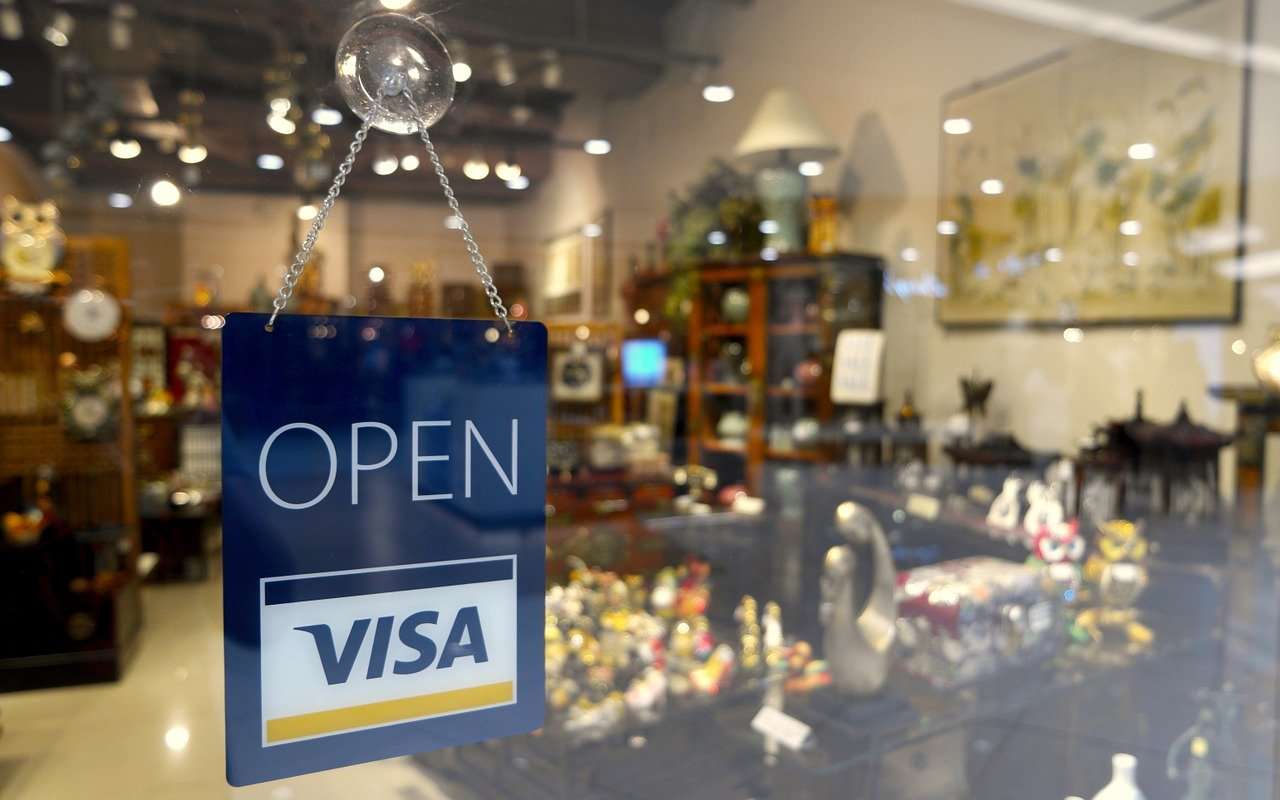ARTICLE AD BOX

- Visa, the largest payment platform, has launched its Tokenized Asset Platform (VTAP) to help banks issue fiat-backed tokens on the Ethereum network.
- Visa’s interest in blockchain is not limited to Ethereum; the company has been exploring blockchain applications for several years.
Visa, the global payment giant, is known for its cautious approach to the cryptocurrency world. While it hasn’t fully embraced cryptocurrencies as a direct payment method, it has taken significant steps to integrate them into its ecosystem.
Recently, the largest payment platform announced the launch of its groundbreaking Visa Tokenized Asset Platform (VTAP), a new product aimed at helping banks issue fiat-backed tokens on the Ethereum network.
Visa has selectfully integrated with other crypto ecosystems including Polygon and potentially Solana as we earlier reported. With Ethereum’s integration, the VTAP platform is designed to enable banks and other financial institutions to create and manage fiat-backed tokens, which are powered by smart contracts in the ecosystem.
These tokens will allow for the digitization and automation of real-world assets (RWAs), such as commodities, bonds, and other financial instruments, significantly enhancing settlement speed and efficiency.
According to Visa, the platform will streamline the exchange of RWAs using near-real-time settlement via tokenized assets. Tokenization of RWAs is a rapidly emerging field, with a rising number of tokens being utilized.
The cryptocurrency community has witnessed crypto projects like Polygon, Tezos, FLOW, and Algorand showcase their expertise in tokenizing RWAs. Now, with Ethereum’s blockchain, Visa’s VTAP promises to provide a robust and secure environment for banks to issue these digital tokens, helping to bridge the gap between traditional finance and decentralized technology.
Spanish banking giant BBVA will be one of the first institutions to implement Visa’s VTAP. The bank will roll out a live pilot of the platform in 2025.
BBVA’s pilot program will likely focus on issuing and trading tokenized RWAs, offering a glimpse into how traditional banks could operate within blockchain ecosystems in the future. By using Visa’s platform, BBVA will explore how tokenized assets can facilitate more efficient and secure transactions.
This is not BBVA’s first appearance in the crypto sphere, as earlier reported, Charlie Lee announced plans to expand into the banking sector, and what better candidate could there be other than BBVA?
“The silver to Bitcoin’s gold” expanded its reach via a strategic partnership with BBVA, a leading global bank valued at $775 billion. This integration allows BBVA customers to buy and manage Litecoin seamlessly within the bank’s app, which is currently available exclusively to users in Turkey.
Visa’s venture into the tokenization of fiat-backed assets on Ethereum builds upon its established presence in the digital asset space. The company has been exploring blockchain applications for several years. In March 2021, Visa made headlines when it began processing cryptocurrency payments in stablecoin USDC on the Ethereum network, making it one of the first major payment processors to embrace cryptocurrency on such a large scale.
.png)
 1 month ago
6
1 month ago
6








 English (US)
English (US)